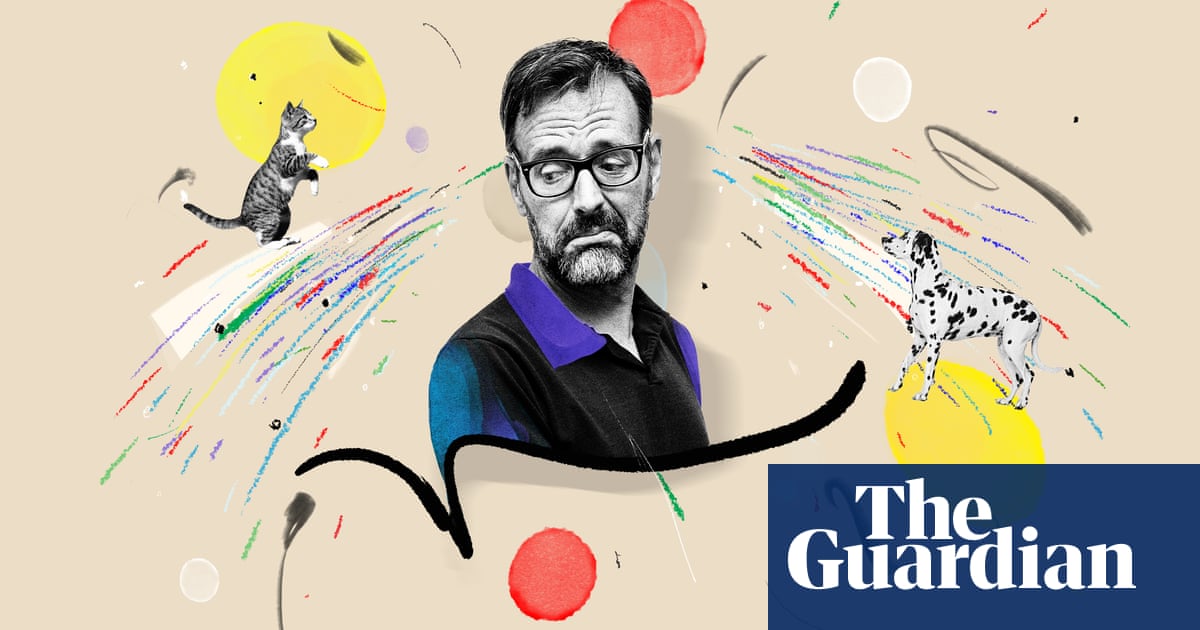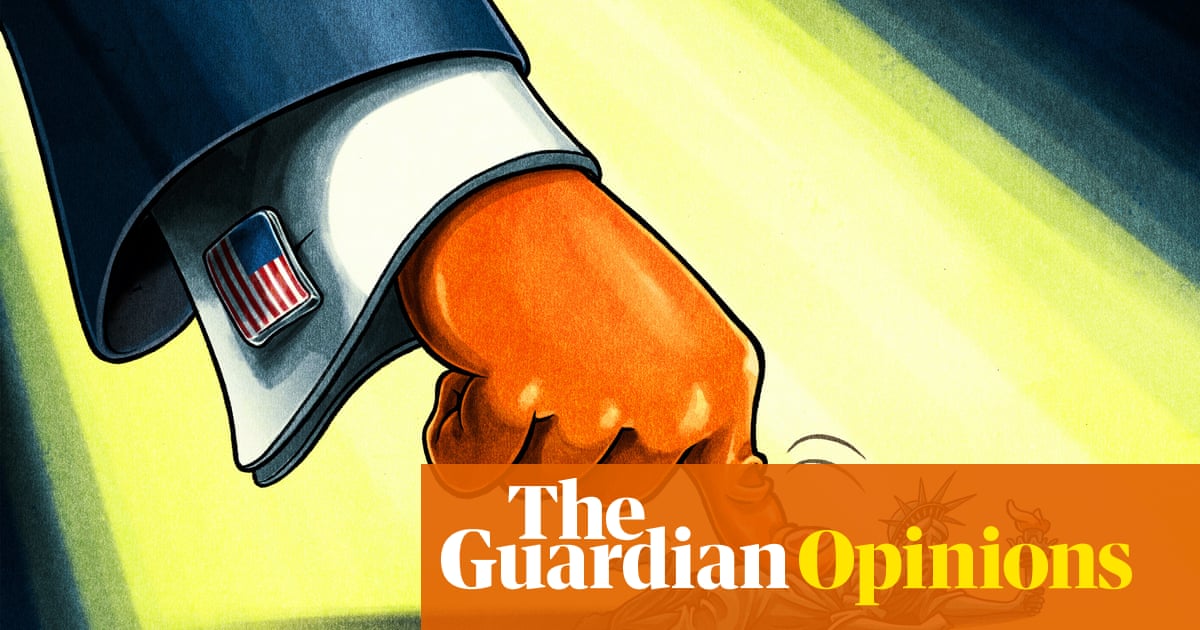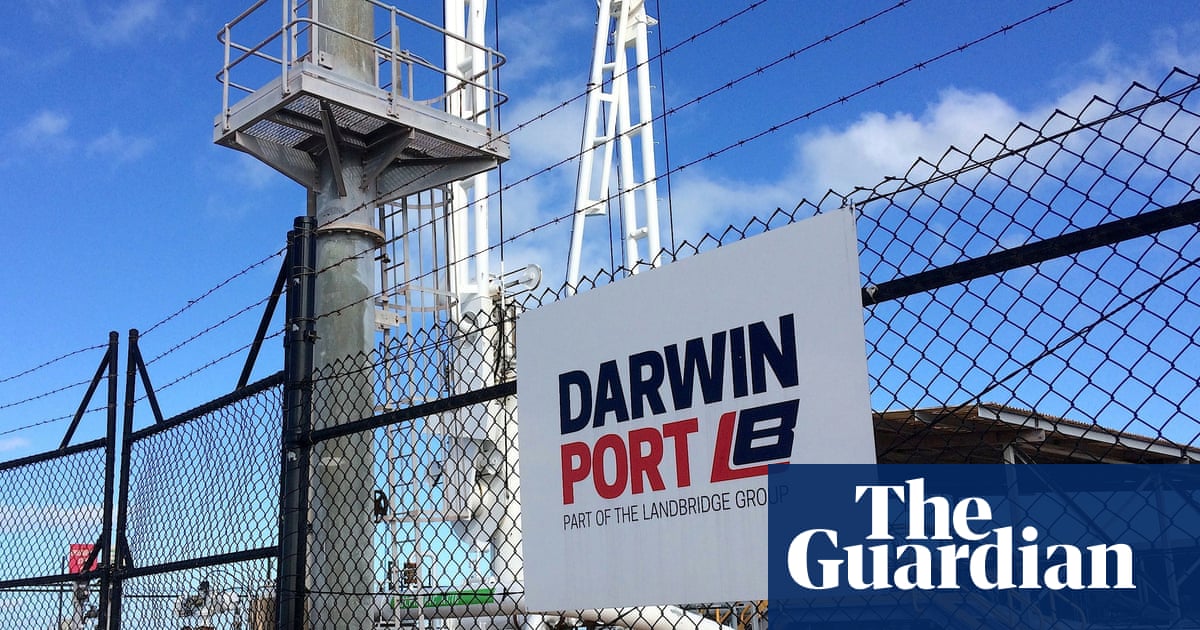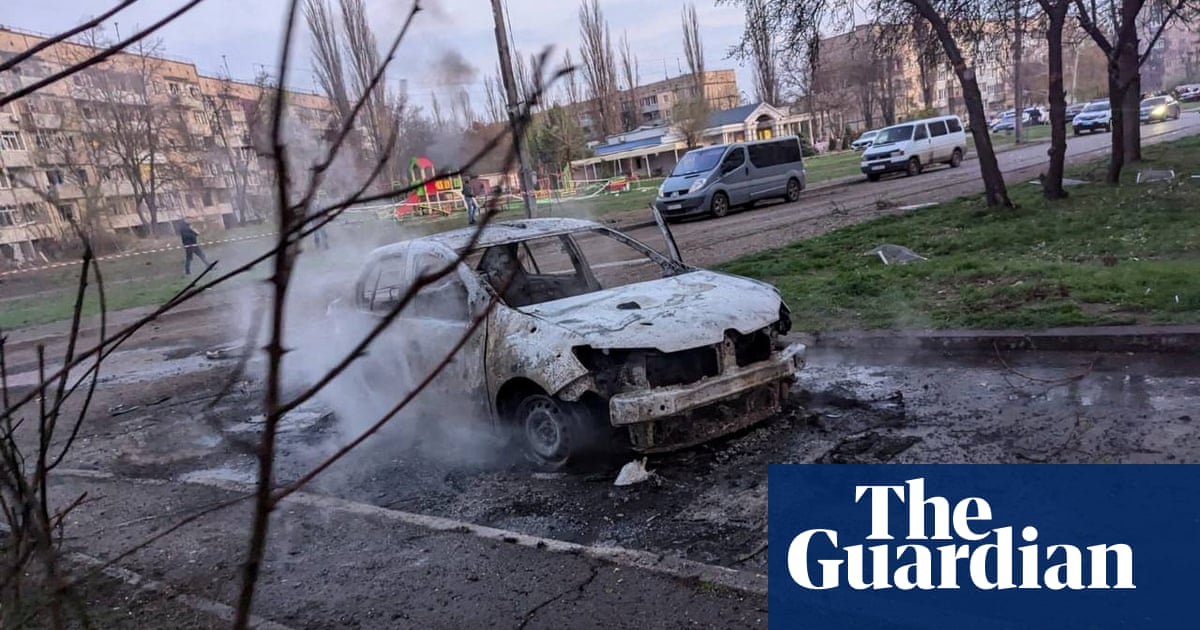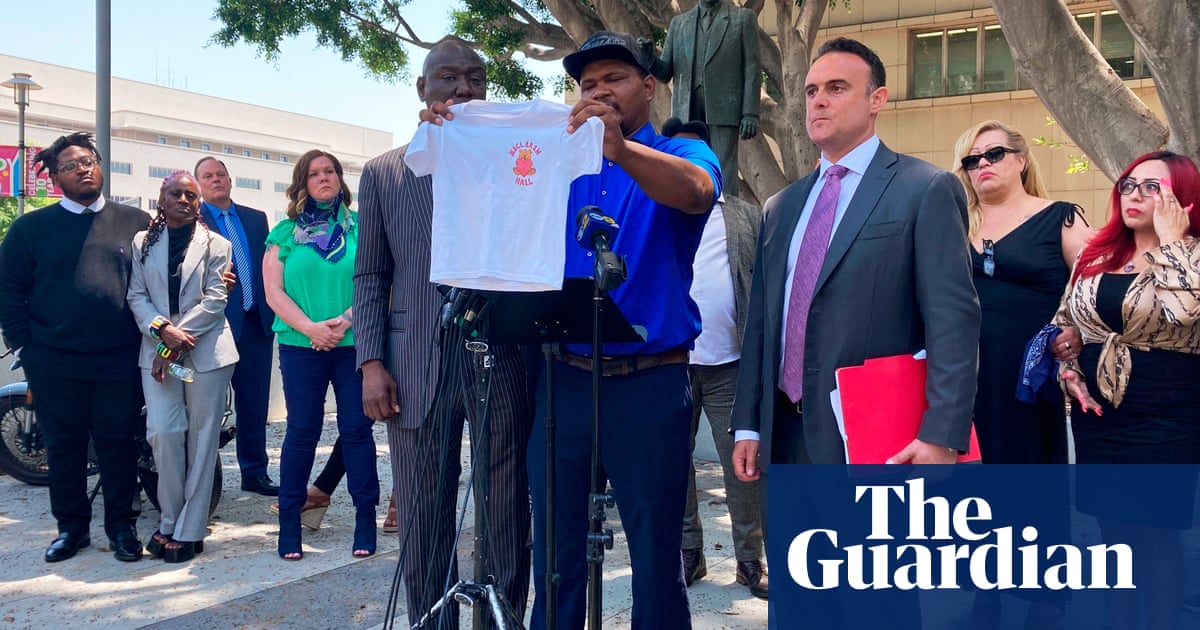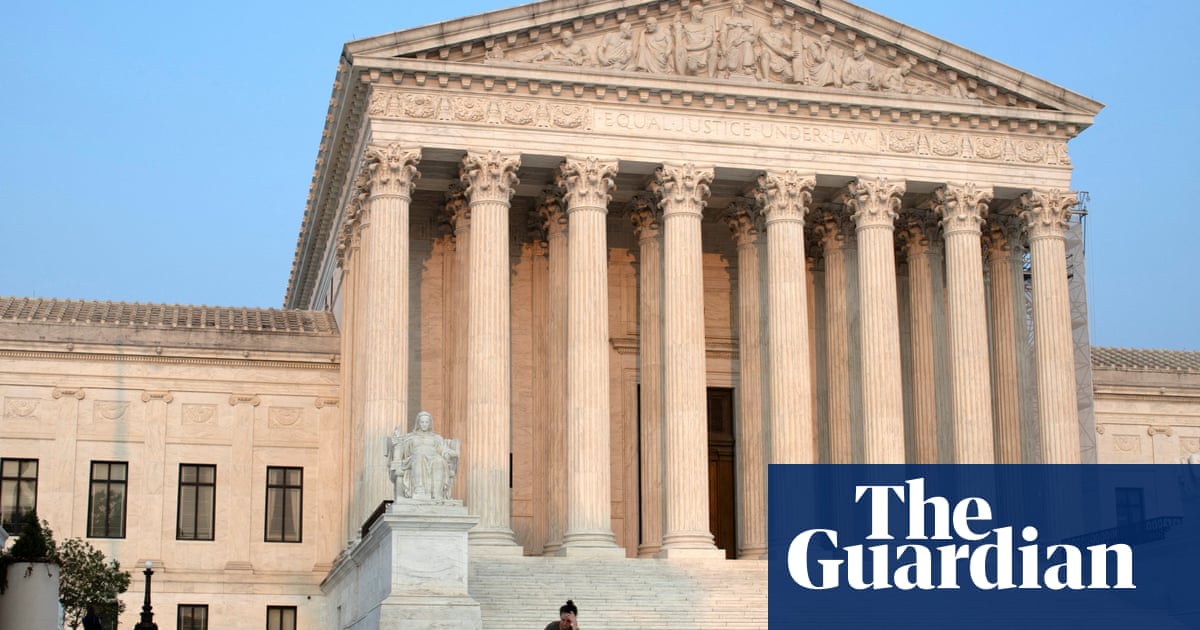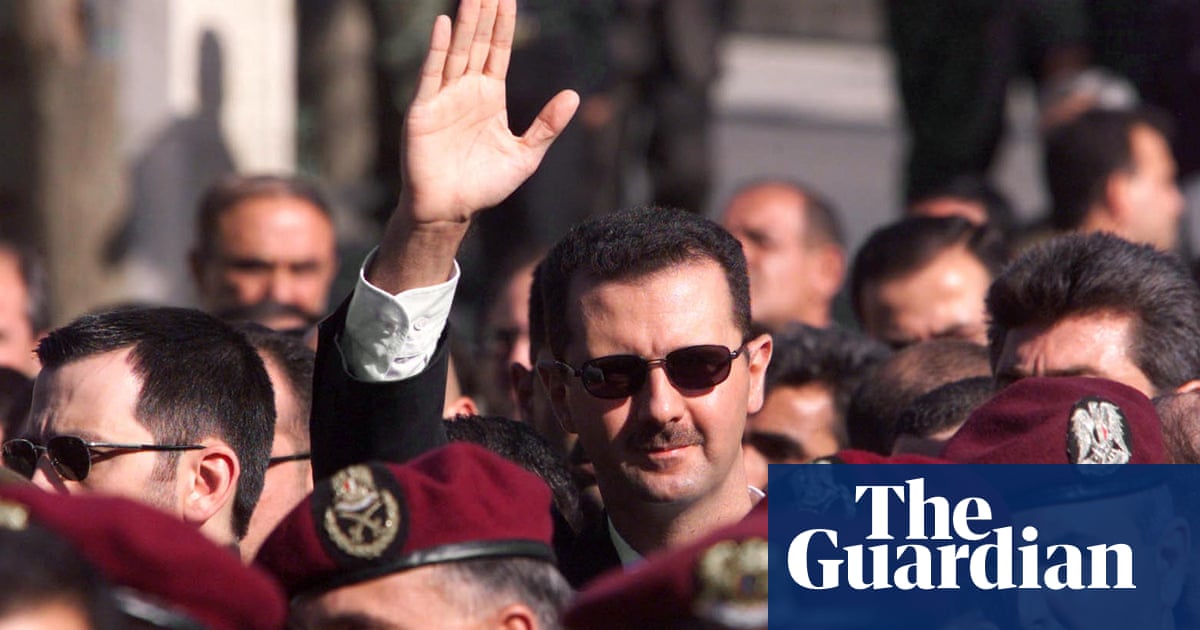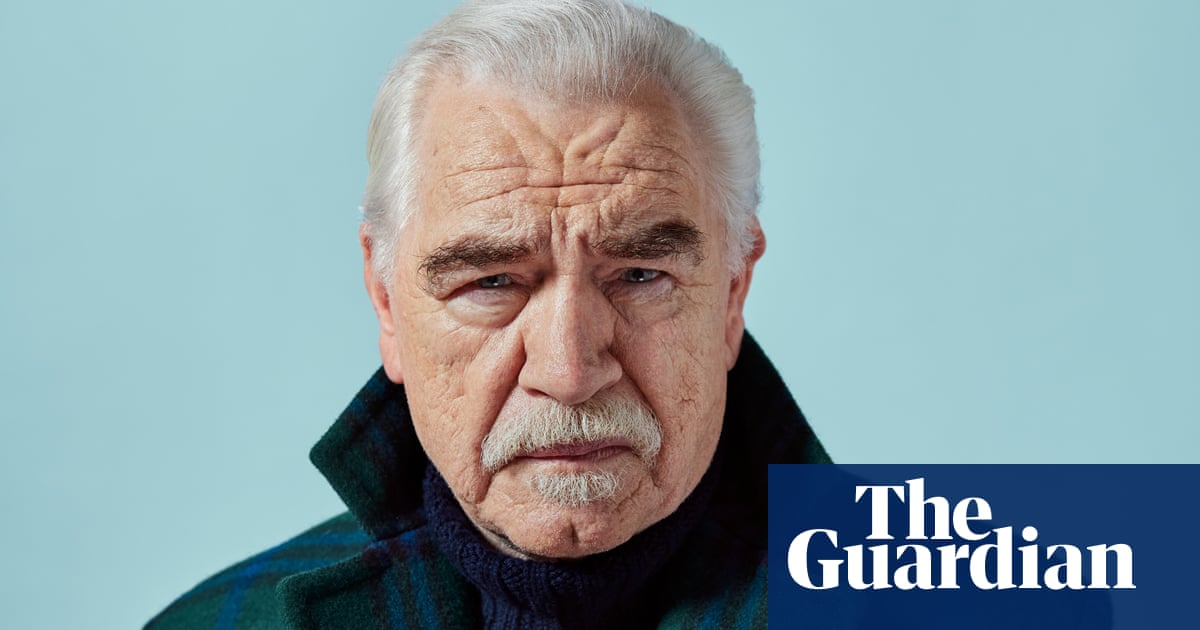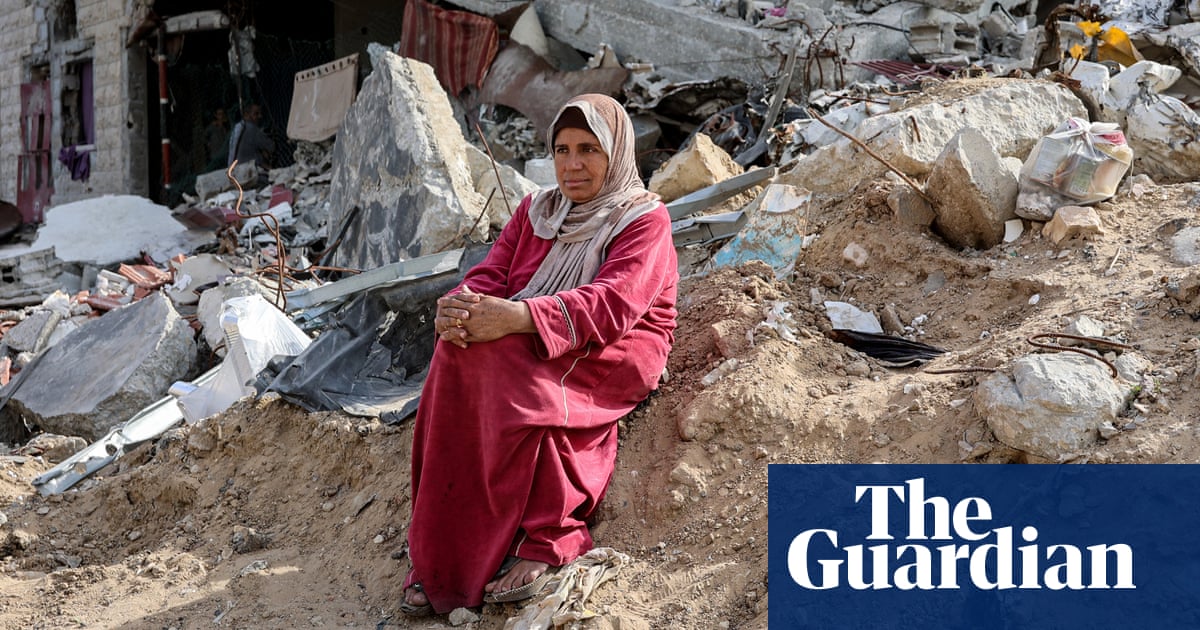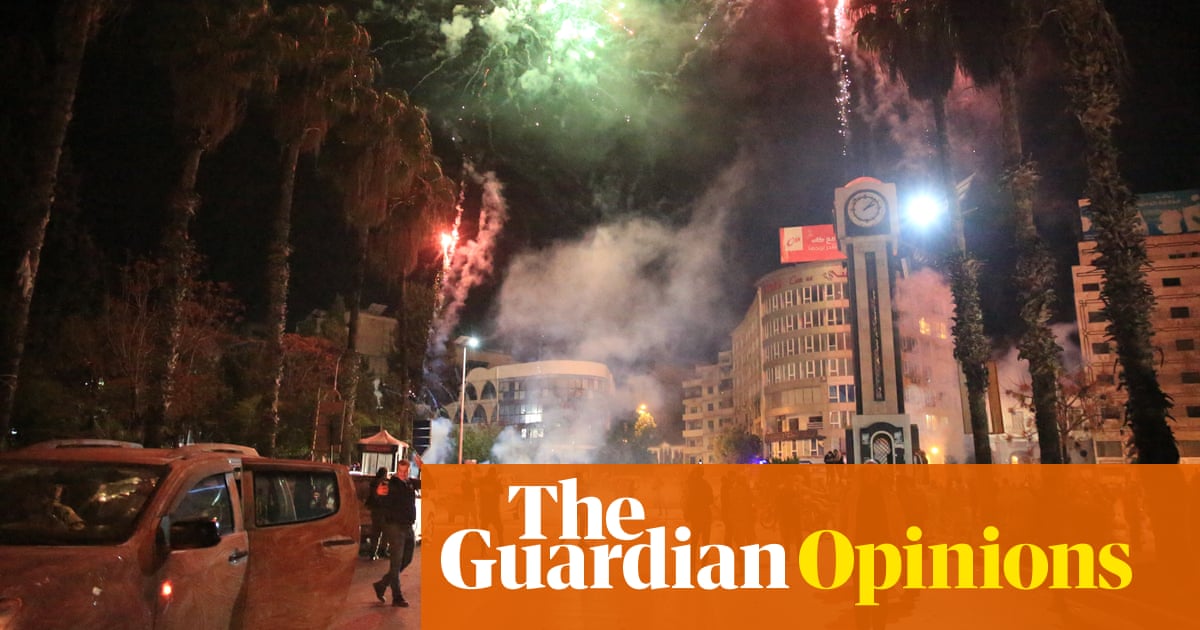On Sunday, five names will feature on the ballot in Belarus’s presidential election, but the outcome is a foregone conclusion: Alexander Lukashenko’s 31-year reign is poised to continue in the carefully managed vote, granting the dictator his seventh term in power.
The elections, described by the opposition as a “farce”, come four and a half years after Belarus’s previous presidential vote, which sparked nationwide protests over allegations of vote rigging and was met with brutal repression.
In 2020, accusations of electoral fraud triggered months-long demonstrations, drawing hundreds of thousands of Belarusians to the streets. The authorities detained more than 35,000 people, many of whom were tortured in custody or forced to flee the country.
Since then, the Lukashenko regime, backed by Vladimir Putin – whom Minsk in turn supports in the war in Ukraine – has intensified its repression of even the smallest acts of dissent, charging critics with extremism and terrorism for actions as minor as leaving critical comments on social media or following so-called extremist Telegram channels.
With independent media silenced and dissent criminalised, western officials and the exiled Belarusian opposition have declared their intention to boycott the election.
“What in the democratic world you call elections has nothing in common with this event in Belarus,” said the exiled opposition leader Sviatlana Tsikhanouskaya, speaking this week in Davos. “Because it’s mostly like a ritual for dictators when they are reappointing themselves.”
With Lukashenko’s security services firmly controlling the country, no protests are anticipated this time around. Tsikhanouskaya said: “Now is not the time for the Belarusian people to take to the streets or stage visible uprisings, as the level of repression is simply too high.”
The violent crackdown at home turned Lukashenko into a pariah in the west, driving him closer to Moscow and increasingly reducing Minsk to a vassal state of Russia – a dependence that proved valuable for Putin when Belarus served as a staging ground for his full-scale invasion of Ukraine in February 2022.
Lukashenko has been outspoken in his support of Russia, recently proclaiming that Belarus hosts Russian nuclear weapons and is also hoping to house Russia’s latest Oreshnik hypersonic ballistic missile.
But, with the arrival of the Trump administration and growing expectations for ceasefire talks over Ukraine, observers say Lukashenko also appears to be attempting to revive his relations with the west.

In a cautious move hinting at efforts to ease Belarus’s isolation, Lukashenko has, since last July, issued rare pardons for 250 political prisoners, though about 1,250 are still jailed.
He has also allowed limited prison access to two of the most well-known opposition figures, Maria Kalesnikava and Viktor Babariko, who had been isolated for almost two years with no contact with the outside world and had not been seen.
Artyom Shraibman, a Belarusian political analyst and non-resident scholar at the Carnegie Endowment for International Peace thinktank, said: “The pardons appear to be an attempt by Lukashenko to open a dialogue with the west, not necessarily in expectation of an immediate lifting of sanctions, but at least to gauge whether it might be possible to ease or remove them in the future.”
Pointing to the prospect of peace talks in Ukraine, Shraibman said: “Lukashenko wouldn’t want his regime to be left out if some sort of detente starts in the region.”
after newsletter promotion
Leading Lukashenko’s PR campaign is Raman Pratasevich, the former dissident blogger dramatically arrested in 2021 when Belarusian authorities forced his Ryanair flight from Athens to Vilnius to land at Minsk airport on 23 May. Having since been pardoned by Lukashenko, Pratasevich now plays the role of a penitent defector, denouncing his former allies while praising the supposed benevolence of the Belarusian dictator.
The Belarusian opposition has called on the west not to be deceived by what they described as Lukashenko’s “usual game ahead of so-called elections” aimed at securing concessions from the EU.
Tsikhanouskaya – whose husband, Siarhei, remains behind bars in Belarus – said the releases, while welcome, did not represent any easing of repression because more people were being arrested all the time.
“It’s not a change of policy, it’s testing democracy. ‘Look, I release 20 people, is it enough for you? Are you ready, you know, to lift sanctions? Are you ready to recognise me? No? OK, 20 more,’” she said.
Lukashenko’s latest overtures are reminiscent of his decades-long pattern of periodically flirting with Europe to resist outright Russian unification, experts say.
Shraibman, the political analyst, said while Lukashenko’s current regime appears stable, the strongman remains concerned about what the end of the war in Ukraine could mean for his position and whether a halt in the fighting might allow a less distracted Moscow to further solidify its hold over Minsk.
“Pressure from Russia, if such a prospect arises, would undoubtedly worry Lukashenko, as the country is already in a state of significant dependency, which could eventually result in him losing control over the nation,” he said. “Like any autocrat, he strives for complete power.”

 2 months ago
45
2 months ago
45


